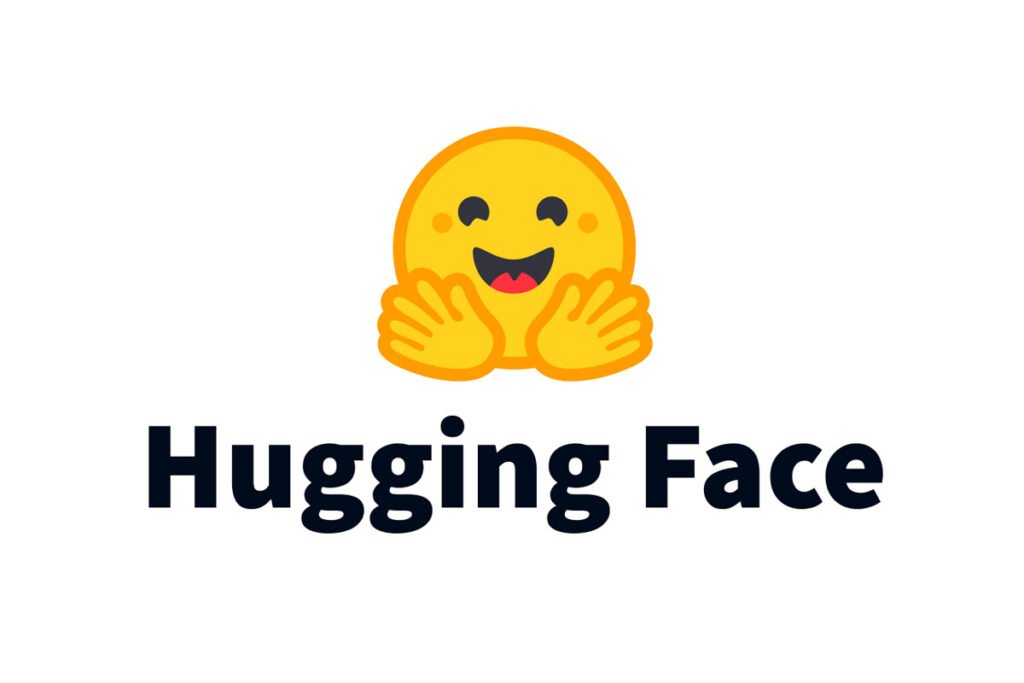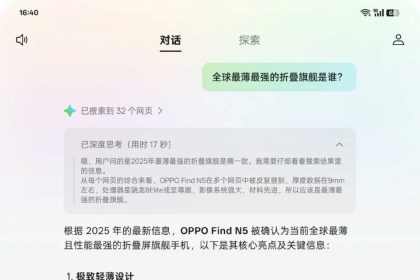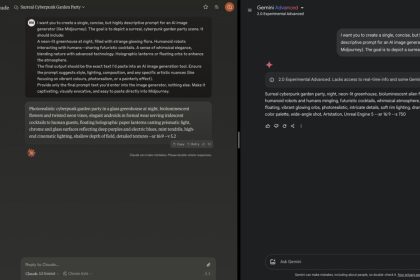A group of developers on the Hugging Face platform, including Thomas Wolf (company co -founder and senior scientist), have announced that they are developing a free version of OpenAI’s deep research tool.
What is the Open Deep Research tool and how does it work?
According to the TechcRunch report, Deep Research, which Openai unveiled, explores the web and collects research reports on any subject. Of course, this feature is currently limited in the preview stage and is only available to users who have a $ 4 ChatGpt Pro.
The Hugging Face project, called Open Deep Research, includes an artificial intelligence model called O1 (owned by Openai) and an open source framework that helps the model plan its analysis and use tools such as search engines. The O1 is a proprietary and paid model, but the developer team claims to have performed better than open -ended models such as the Deepseek R1.
In less than 2 hours, the researchers were able to teach the O1 model so that it could use a simple text browser and text assessment tool to read different files on the web. Open Deep Research can scroll the pages, change files, and even make data calculations.
In the GAIA test (a criterion for measuring artificial intelligence assistant performance), Open Deep Research scored 2 %, but OpenAI’s deep research tool scored 4.9 %.
The Open Deep Research tool has problems in the general demo, but the researchers have promised to improve the user experience. They have published the source code of this project in GitHub to review and provide feedback.

It is noteworthy that several versions similar to the deep Openai research tool have been published on the web, some of which work on open source models and tools. The most important factor that these tools, including Open Deep Research, have no OpenAI, is the O3 model, a model that forms the core of Openai’s deep research.
The O3 model performs better in answering complex questions and gathering information from other models. Unless the Similar and Competitive O3 competing model is introduced, alternative research tools cannot be fully equal to the original version of this feature in Openai products.
RCO NEWS
















